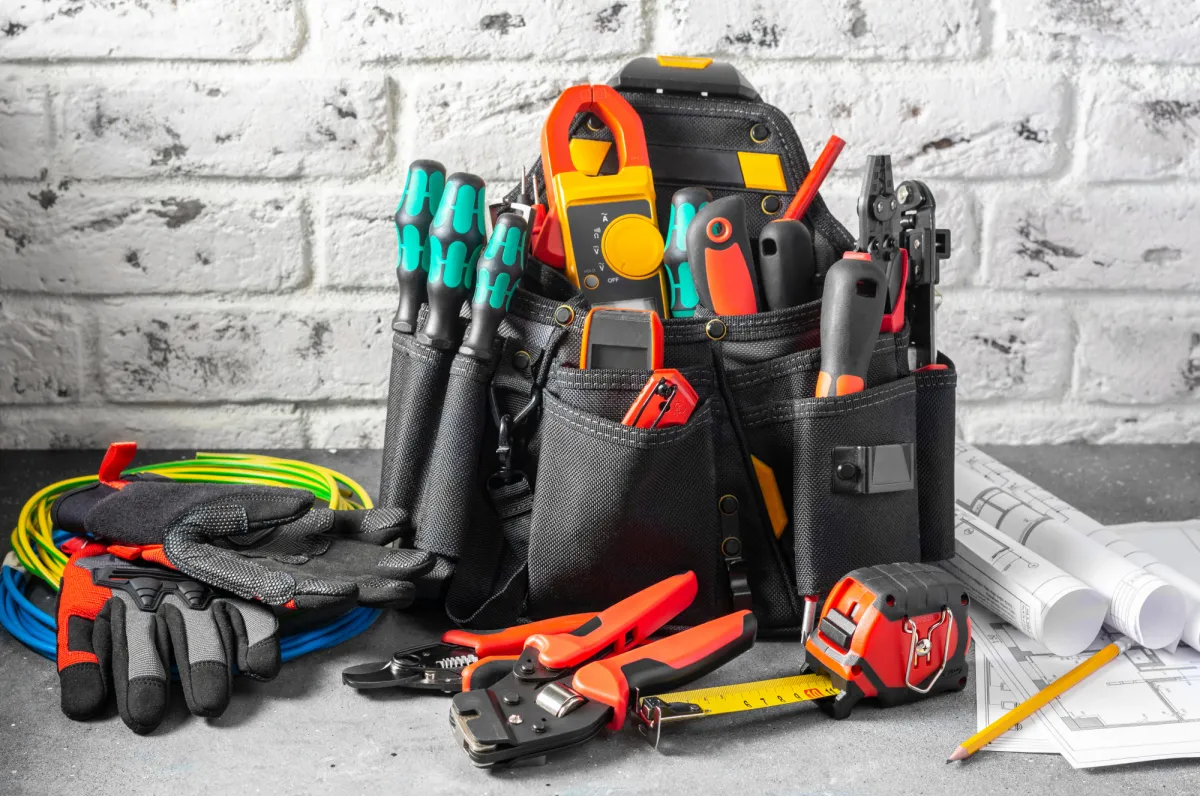
Creative Discipline When Techs Lose or Break Tools
Lost and broken tools are a part of the job, but how do you keep this to a minimum... especially with "repeat offenders"?
Let's say one of your technicians left a tool at a customer's home... or somewhere, he's not really sure where. Another tech dropped his iPad and broke the screen, while a third forgot he placed his company-owned cell phone on the top of his truck and drove off, and the phone is now gone.
Sound familiar? Lost or broken company equipment is common, especially in the Trades where so many tools being carted all over the city. As a business owner, how do you handle these situations?
The Problem with Employee Deductions
Generally, companies want to solve the problem by deducting the cost of lost or broken tools from an employee's paycheck. This is a very BAD IDEA, and straight up illegal in some states! Courts have consistently ruled that financial responsibility for lost and broken tools/equipment is the company’s responsibility. Replacement costs are “part of the cost of doing business” and something you need to budget for. Seems unfair? Well, that's one reason it’s good to be an employee instead of an employer, accepting fewer freedoms in exchange for reduced risk. But that's not the path you chose, and now you're stuck with the bill.
So what CAN you do to hold your employees accountable?
Formal Disciplinary Actions
Your disciplinary response should depend on the offense. First time offenses with small financial impact should get a verbal warning not to do it again. There is something to be said for understanding mistakes (how many of us can honestly say we’ve never lost something?). If the employee has lost multiple items or the item was particularly costly, you might issue a written warning. For repeat offenders who just don’t seem to get the hint, you may need to terminate their employment. Think about it: if they are so careless with the company’s property, are they being careful with your customers’ property? How much MORE will they cost the company in collateral damage (e.g., poor reviews, lost future business)?
Creative Disciplinary Strategies
In addition to formal disciplinary strategies, which are necessary for unemployment boards and courts of law, you might want to get creative to help employees actually learn the lesson. Here are some suggestions to teach accountability beyond verbal and written warnings:
Keep a set of backup equipment (old, less-desirable versions that can still get the job done safely) for offenders to use after losing a tool... and then take a little while to get a replacement tool ordered.
If a tool is “useful, but not necessary,” don’t replace it. Make them use something else to accomplish the task.
If it's legal in your state, have employees provide most of their own basic tools to better encourage them to keep track. It then becomes the employee's responsibility to replace broken or lost tools.
Issue lower-cost versions of devices like iPads and cell phones to chronic offenders. Maybe they are smaller or older devices, as long as they can do the necessary requirements of the job.
Reward employees who take excellent care of equipment (it's always clean, organized, inventoried correctly – really superior performance in this area). A reward can be verbal praise, or even a random “atta-boy” bonus, gift card, or box of treats.
Come up with your own unique idea! Before you proceed, though, contact us to see if it could backfire from a legal or employee morale standpoint.
Like so many HR issues, the simple answer to lost or broken tools (deducting from an employee paycheck) isn't always the best one. That's why we suggest a combination of formal and creative discipline. If you have any questions, just reach out. We're here to help!

